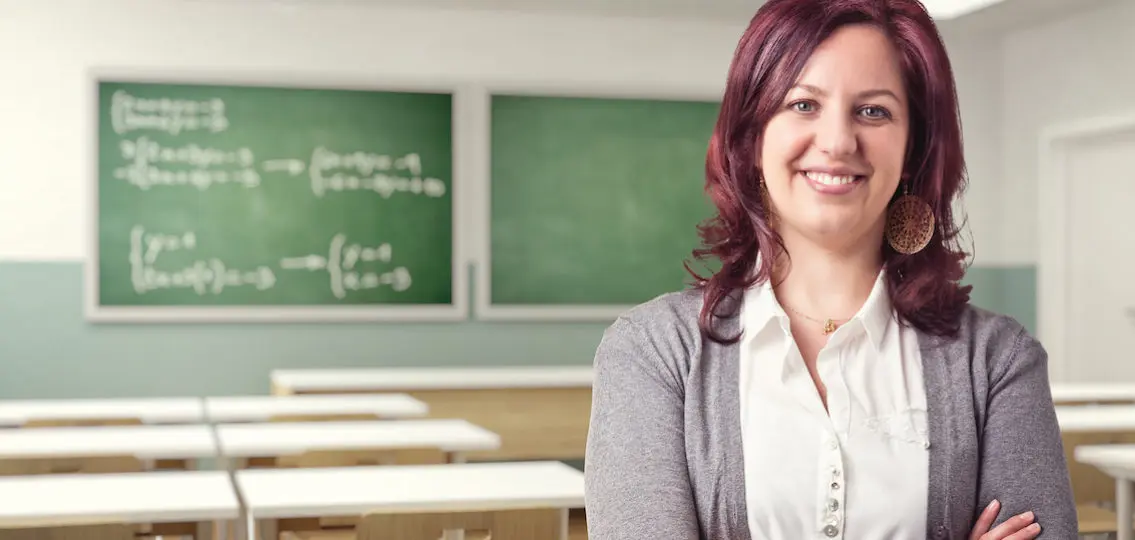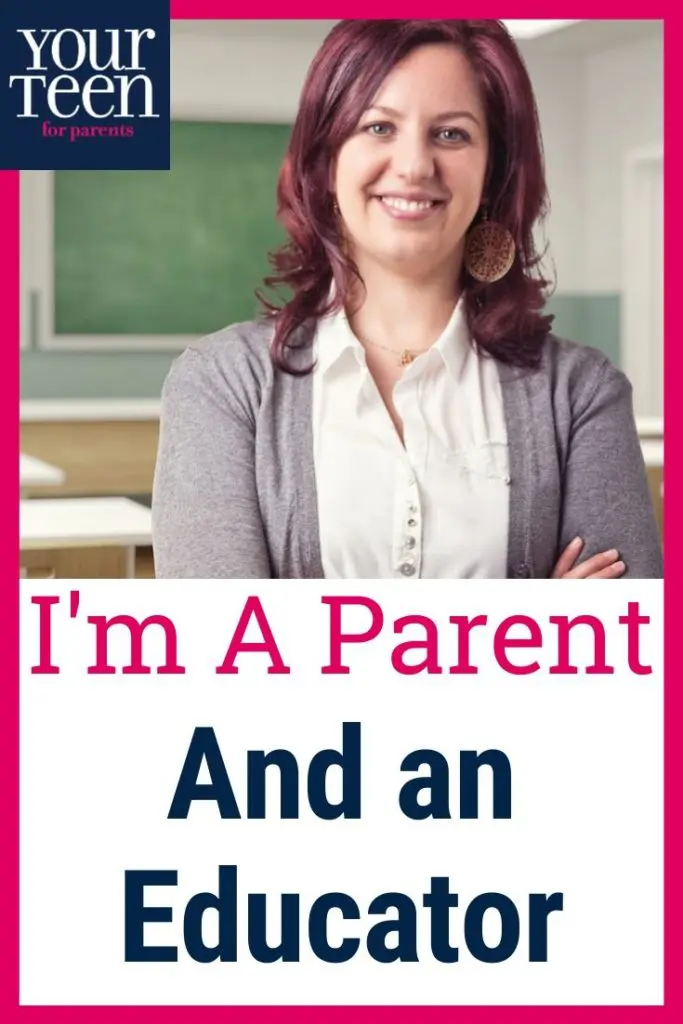At School, Thursday, 12:30 PM
My cell phone buzzes in the middle of the senior Civics class I teach. I glance at it and recognize the number for our school district’s automated phone calls to families and staff, but I ignore it. Across the room, one of my students breaks the rules and reads an incoming text from a friend. “Yo! Schools are shut down!”
| [adrotate banner=”169″] |
An hour earlier, the official plan was that students would attend a half day on Friday so that teachers could have time to prepare at-home learning materials in case of an eventual closing of schools.
The room starts to buzz with questions and excitement and concern. I hold up a hand to signal “Hang on. Give me a second,” and I listen to the message I’d ignored. As I listen, I try to assume a poker face I am generally incapable of mustering.
The student was right: schools are shutting down for at least a week. The decision from our central office has changed, abruptly and without warning. I pull a chair up in front of the class, wait until they settle down and can listen, and say, “Okay. Let me try to answer your questions. I don’t know much more than you do, but I’ll do my best.”
At Home, Thursday Night
My eldest child is a senior in high school. He is full of questions.
“What about spring sports?”
I don’t know. I’m sure the state interscholastic sports organization will make a decision soon. Surely no practice or games while schools are closed.
“What about graduation? Prom?”
Those are still far off; I’m hopeful they’ll be fine. They might push the dates ahead, but the Governor is waiving the usual required length of the school year, so it won’t be by much.
Then this: “Will my life ever be back to normal?”
That one cuts to my core. Not so much because I believe at this point that it won’t, but because he is living with that worry right when he should be—finally—letting go of the many stresses of high school and enjoying the home stretch with his classmates and friends.
This is not how the spring of senior year should be.
At School, Friday
Although the school is closed, staff members are allowed to come to school if they need to gather belongings and spend a few hours planning. Several of us do.
We talk through the challenges of posting online assignments for our students:
What about the families who don’t have reliable WiFi access?
What about students who need modifications for learning disabilities?
What about volume: will receiving 1-2 weeks’ worth of assignments from all classes all at once overwhelm the students?
The principal and I give the teachers a few guiding principles for teaching after a shutdown:
- Keep the assignment instructions simple.
- Tell students to reach out if there are things they can’t access, and we can provide creative alternatives.
- Recognize the work students send to you, but do not post any penalties in your online grade book for those who don’t. Assume they can’t.
At Home, Saturday
My kids want to go out—one to the basketball hoop at the school nearby with a couple of friends, one to see friends in another town.
I decide to crowdsource the question by texting some friends and family members: Are you letting your kids see friends?
The range of responses overwhelms me.
We aren’t going anywhere and have bought meds in case any one of us gets sick—you should do same.
Yes absolutely, my kids need to see other kids!
Ugh I don’t know I can’t decide either.
All of the answers are from smart, level-headed parents, many of whom are educators as well.
At Home, Monday
I log in to my work email from my dining room table, and my online work calendar buzzes with reminders for meetings that won’t happen and school events that have been cancelled.
Teachers have dutifully, creatively, thoughtfully sent students assignments to work on at home. I read through their emails.
The state has extended all school closings through at least the end of the month. And now, my worries turn to all the purposes we serve as a school well beyond instruction:
How will we support students who regularly see our school social worker as they wrestle with challenges at home and diagnosed mental health needs?
The district is providing pick-up food services for families in need, but what will happen when some of those parents lose their jobs due to a faltering economy?
What about the jobs my teenage students have counted on as they prepare to head off to college in the fall?
I don’t have adequate words to describe the feeling of being a parent and an educator without answers for the kids who are looking to me for instruction, for guidance, for reassurance.
As we move forward, I can only turn to the resources I have turned to in the past:
I will consult with the colleagues and friends whose wisdom I respect most, even if that means sorting through mixed or conflicting answers.
I will—as I consistently tell my Civics students to do—consult the most level-headed and reliably-sourced news organizations I can, rather than believing hearsay and rumor.
I’ll look for news stories of upstanders and positive experiences in our communities, and I will share those with my students and my children.

I will do the best I can in a situation I’ve never experienced because my teens—all of them—need me to be a good role model. Now, more than ever.





